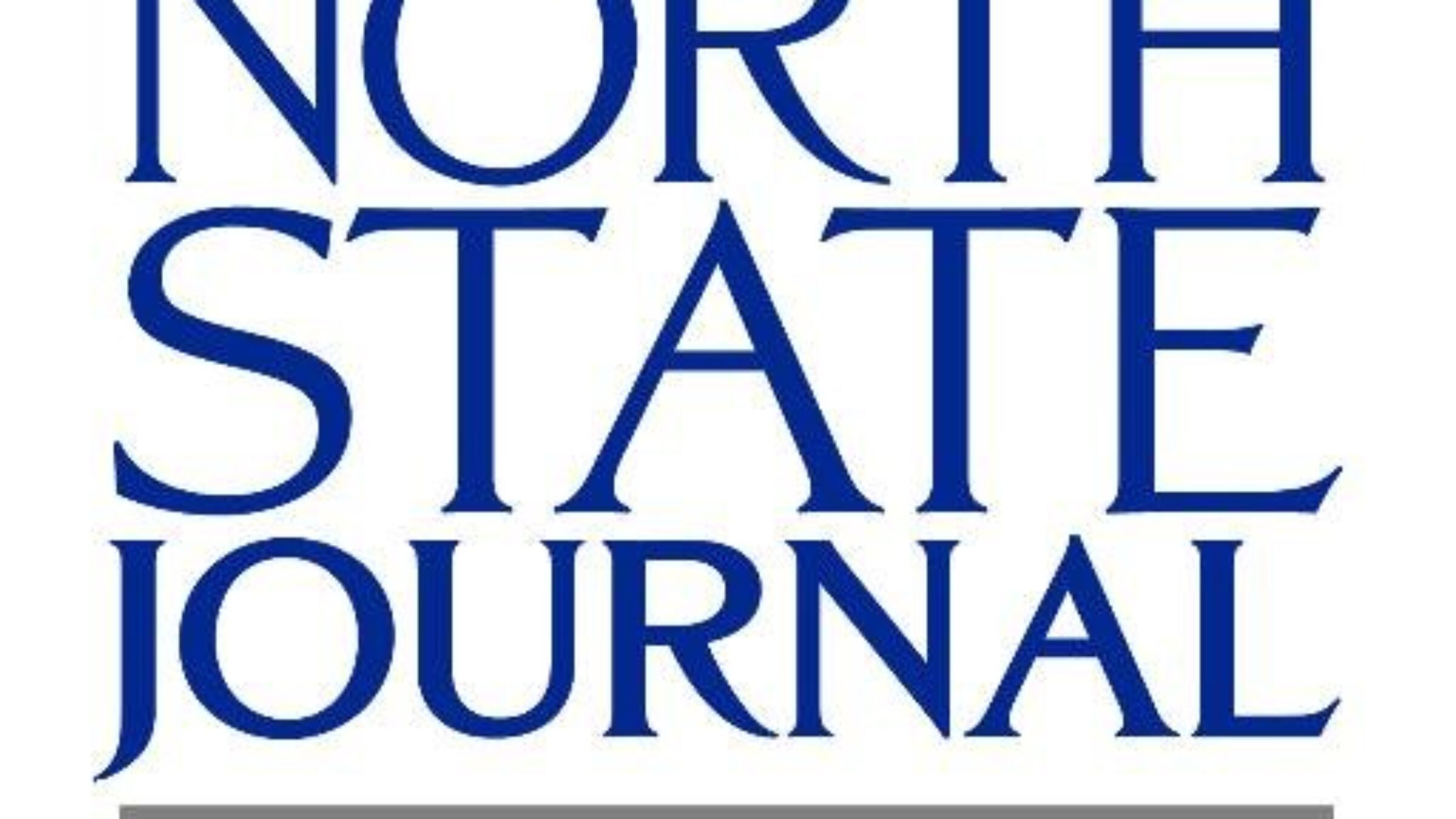Young lawmakers establish the Future Caucus
June 14, 2017
Spearheaded by the Millennial Action Project, the Future Caucus is a bipartisan group of lawmakers under the age of 45 that seek to address issues of importance to young people such as student debt and job creation

RALEIGH — Thomas Jefferson was 33 when he wrote the Declaration of Independence. James Madison 36 when he spearheaded the writing of the U.S. Constitution. That realization was one of the motivations for Steven Olikara founding the Millennial Action Project (MAP), an effort to form bipartisan caucuses of millennial lawmakers in state capitals around the country and even the U.S. Congress.
“The point is to bring together this group of legislators and to issue an invitation to the more than 2 million North Carolinians to engage in this process, to submit their ideas to the legislators here, to be part of the coalition building here, and ultimately we expect the caucus to come together around a few key pieces of legislation,” said Olikara at a press conference announcing the formation of the caucus last week.
North Carolina is now among the 20 states with such “Future Caucuses” that have formed to engage and represent the causes of young people who are increasingly disengaged with politics and the efficacy of public service.
“Historically, great political transformation has been driven by young people.”
Steven Olikara, founder of Millennial Action Project
The N.C. Future Caucus is chaired by Reps. Chaz Beasley, 31, (D-Mecklenburg) and Kyle Hall, 26, (R-Rockingham) and also includes Sens. Jay Chaudhuri (D-Wake) and Chad Barefoot (R-Wake).
“Basically our goal is to make sure that people who are on the younger side of the spectrum when it comes to what’s going on here in the General Assembly, not only are represented, but can get together in a bipartisan fashion and make sure that we’re talking about issues that affect the future of our state,” said Beasley. “As we know it’s critical in this current time that we have more bipartisanship and that we’re willing to work across the aisle. And we also know that it is tremendously important that people who are going to be the future of our state feel like they have ownership in what we’re doing.”
Hall echoed Beasley’s bipartisan focus when it comes to identifying the issues important to young people, even if the solutions may differ,
“As a conservative I believe that our millennial generation expects to have the same promise that was envisioned to us by our founding fathers, which is life, liberty and the pursuit of happiness,” said Hall. “I believe that our millennials, the one issue their most concerned about in the future is the prospects of having a job.”
In describing the mission of the Future Caucus, Olikara lamented the current state of extreme bipartisanship that he regards as a threat to the health of our democracy as well as a source of the apathy often held by the millennial generation.
“Indeed, a majority of millennials today do not believe that politics can solve the problems we face,” said Olikara. “Less than a third of millennials see public service as an appealing career track, but at the same time we cannot forget the potential that this generation has to offer. I think what’s happening at the point is a change in narrative. If the narrative has been cynicism — you can’t make a difference in politics, why does my vote even matter — this is meant to be a change in that destructive narrative.”
The millennial lawmakers that make up the Future Caucus hope to lead by example in changing that narrative while also encouraging young men and women to get involved in the important decisions that will shape the future of the Old North State. Olikara thinks a bipartisan effort is key to accomplishing those goals.
“James Madison talked about in the Federalist Papers the violence of faction,” said Olikara. “He was very concerned, as George Washington and many others were, about the impact that extreme partisanship can have on our country, the tribalism that doesn’t work for us and has never worked for us in this country. Worth mentioning, by the way, is that the Founding Fathers were young people.”
Young lawmakers establish the Future Caucus
RALEIGH – Thomas Jefferson was 33 when he wrote the Declaration of Independence. James Madison 36 when he spearheaded the writing of the U.S. Constitution. That realization was one of the motivations for Steven Olikara founding the Millennial Action Project (MAP), an effort to form bipartisan caucuses of millennial lawmakers in state capitals around the country and even the U.S.






Join 1,900+ BIPARTISAN LEADERS NATIONWIDE
Be a part of a network of lawmakers committed to governing effectively, passing more representative public policy, and increasing public trust in democracy.